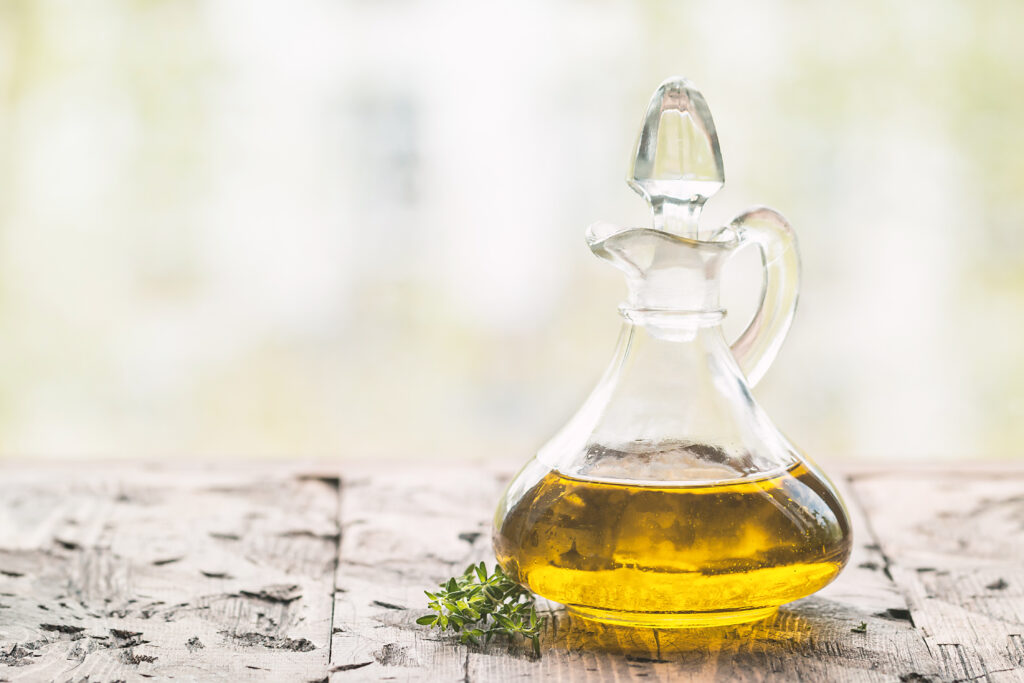
This summary page is certainly not exhaustive. Each carrier oil has many benefits. We will go into more detail in other blog posts.
Carrier oils help increase the bioavailability of CBD, meaning that more of it absorbs into the bloodstream. Carrier oils extract cannabinoids from the flower and make it easier to swallow. Different carrier oils help the body absorb CBD cannabinoids at differing rates with varying levels of effect periods.
You can make carrier oils from many products, but all work essentially the same.
When you ingest CBD oil, it passes through your digestive system, makes its way to the liver, and absorbs into your bloodstream. However, a large part of the oil is broken down by this process before it has a chance to be absorbed. This is where intestinal lymphatic transport plays a crucial role in CBD absorption. Lipids adhere to the walls of whatever internal transportation system they pass through.
We all know there are good and bad saturated fats (lipids). “Bad” lipids don’t easily break down. Instead, they sit there and accumulate. “Good” lipids, on the other hand, absorb very quickly and efficiently directly through the intestinal wall.
Avocado Oil & Grape Seed Oil
We plan on testing and developing Avocado oil and Grape Seed oil soon. Studies show neither tested well alone as the only carrier oil but shows promise as an additive with MCT or other primary oils. Avocado oil has a slightly nutty taste as well. It is very thick, even more than olive oil. Therefore avocado oil is not a great CBD carrier oil on its own. However, it could be added to thin carriers to increase the viscosity of the CBD oil. Avocado oil also contains several vitamins.
Grapeseed oil is thin. Like very thick carriers, too-thin ones aren’t ideal for CBD oil either (as described earlier at MCT). Grapeseed oil has a light fruity taste which most people like. The health benefits of grapeseed oil are mainly due to its antioxidants and anti-inflammatory properties.
SZ87 CBD only uses certified organic, Kosher, Non-GMO products. We can make your product using your choice of carrier oil or a blend.
Pros & Cons of Each Different Carrier Oil
Here is a summary of 3 popular carrier oils: MCT, Hemp seed Oil, and Olive Oil, along with a few pros and cons to consider:
- Pro: Hemp seed oil increases the entourage effect. Cannabinoids work together to increase the overall effectiveness of CBD oil.
- Con: Hemp seed oil studies indicate using it as a CBD carrier can cause the user to test positive on drug screening. It also carries a strong hemp taste.
- Pro: MCT oil studies show quicker absorption in the body. It is also Keto friendly and has less hemp taste.
- Con: MCT oil has shorter dosage cycle times.
- Pro: Olive Oil is primarily a monounsaturated fat or oleic acid. Oleic acid is naturally anti-inflammatory and has been found to alter epigenetics (or gene formations) associated with cancer – which means that oleic acid may prevent cancer. Olive oil is also an antioxidant and can scavenge free radicals.
- Con: Olive Oil has a slower initial absorption rate after the dose but is effective for longer after the dose. It also has a strong hemp taste.
